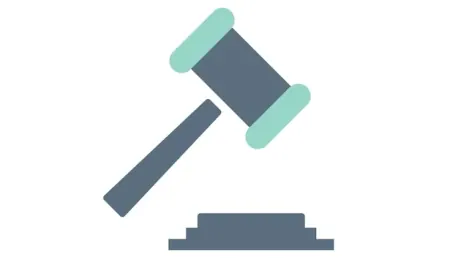A judge struck down Arkansas’s social media law aimed at imposing restrictions to safeguard minors from harmful content on digital platforms. The law required social media companies to verify users’ ages and obtain parental consent for minors before creating accounts. It also intended to enhance privacy controls and mitigate exposure to inappropriate material.
Proponents of the legislation argued that stricter regulations were necessary to protect children from predators, bullying, and unsuitable content, emphasizing the importance of parental oversight. They believed that the law would promote a healthier online environment for minors. However, opponents raised concerns about privacy invasion, potential suppression of free speech, and the logistical difficulties social media companies would face in implementing these measures. Critics asserted that the law could lead to excessive monitoring and large-scale data collection, infringing on individual rights.
The judicial decision to strike down this law underscores a broader consensus that regulations, though well-intentioned, must balance protection with personal freedoms and practical enforceability. The ruling reflects the trend within the legal system to scrutinize laws imposing heavy restrictions on digital platforms, ensuring alignment with constitutional rights. The judge likely found issues with the feasibility of the law’s enforcement and its impact on free speech. This aligns with previous judicial actions favoring minimal regulatory impositions on internet usage, prioritizing civil liberties.
In conclusion, the ruling against Arkansas’s social media law highlights the delicate balance between safeguarding internet users and ensuring freedom of expression and privacy. It suggests a judicial preference for protecting constitutional rights against broadly restrictive measures, recognizing the complexity of effective digital governance. The narrative emphasizes the need for balanced solutions to ensure protective measures do not become oppressive, adhering to a balanced approach in internet regulation.









